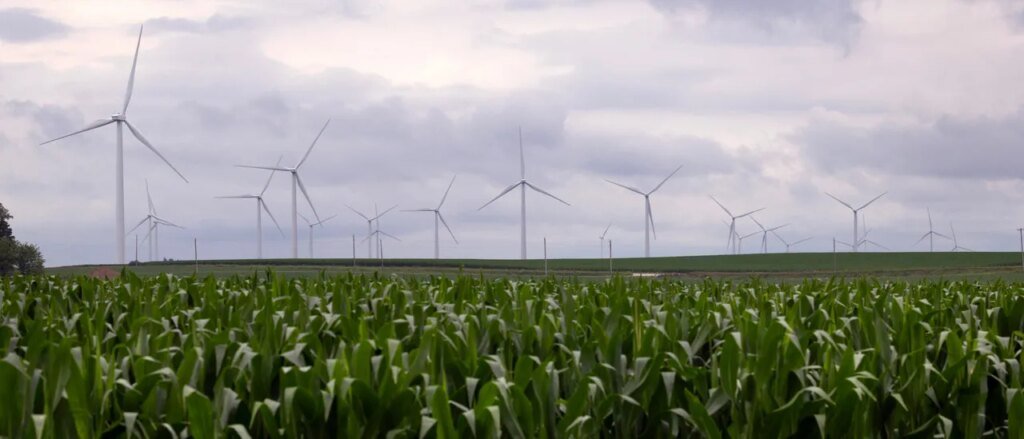Trump Administration Scraps Wind Farm Project Near WWII Memorial
The Trump administration is set to halt a large wind farm initiative close to a former World War II memorial site, a project that received approval from the Biden administration just before leaving office. The Department of the Interior announced on Wednesday that it would cancel the Lav Ridge Wind Project in Southern Idaho, originally approved in December 2024 amidst significant local opposition.
The DOI cited “significant legal flaws” in the earlier approval and pointed out the strong local backlash against the project. “Under President Donald Trump’s decisive leadership, we are putting a stop to unreliable energy sources and prioritizing the American people,” said Secretary Doug Burgum. “By reversing the Biden administration’s approval of the Lav Ridge wind project, we are safeguarding thousands of acres from harmful energy policies and looking out for the interests of rural Idaho communities.”
The Lav Ridge Wind Project was planned to feature up to 231 wind turbines across about 60,000 acres. In a review initiated by President Trump upon his return to office, the DOI determined that the project’s approval process had been rushed and ignored essential statutory standards.
Local residents had protested against the project, expressing concerns that it could pose dangers to the nearby Minidoka National Historical Site, where Japanese Americans were imprisoned during World War II. The Biden administration had attempted to adjust the project, moving its location further from sensitive areas following public outcry.
Recently, the DOI criticized some green energy measures favored by the Biden administration. On July 29th, the department ended “priority treatment” for wind and solar projects and took steps to impose additional regulations on green energy initiatives in public lands. Concerns about the potential impact of wind projects on wildlife, such as eagle fatalities, have also been highlighted in ongoing discussions about energy sources.
The agency plans to continue reviewing wind energy leases and permit applications, ensuring that they consider the effects on local communities and natural resources.







